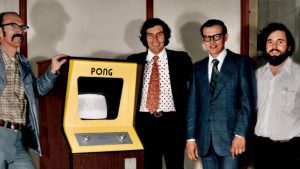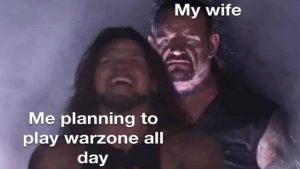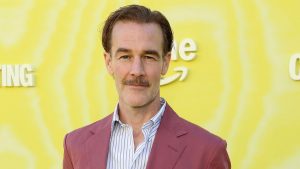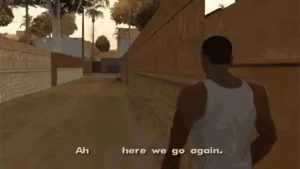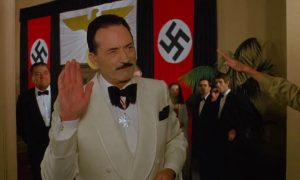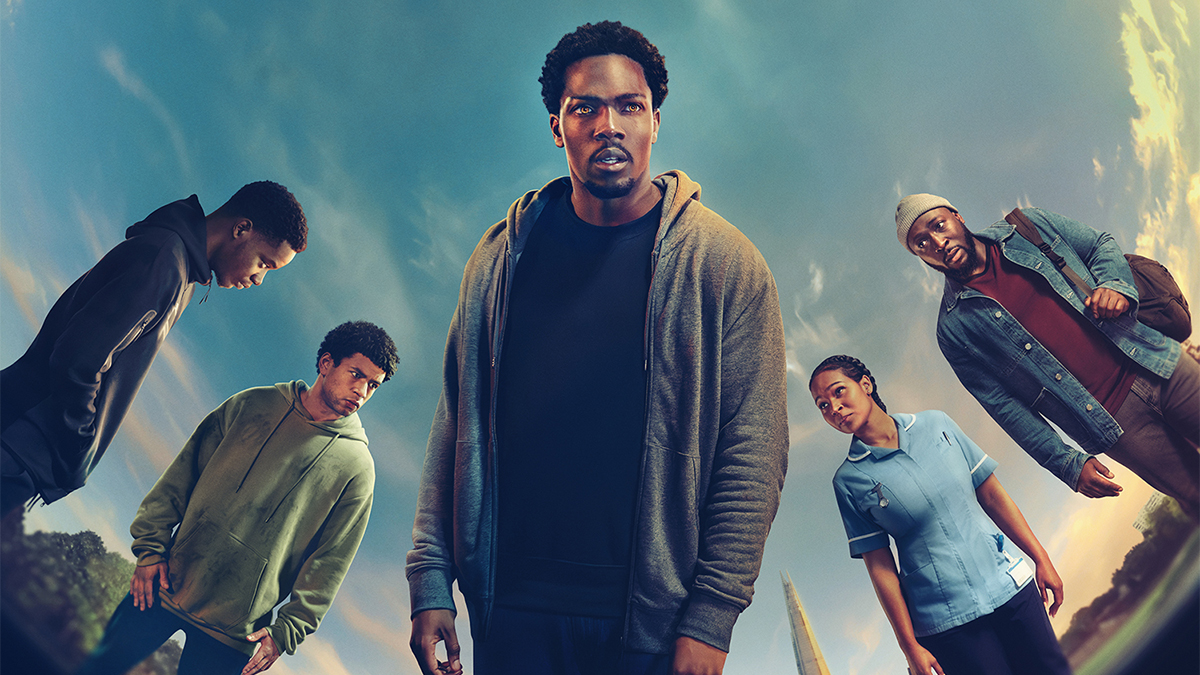
For any pop culture website that features a sizable amount of coverage of superhero-related properties, there is a legal obligation to use the phrase “Superhero fatigue” a minimum number of times a year. The earliest reference we’ve found to it was as far back as 2003, followed by a Tweet from 2009, a few months before the release of Iron Man 2, claiming that Disney’s deal with Marvel would have been better business four or five years previously, at the peak of the superhero craze.
But while at times it seems like someone must have been peering over Jerry Siegel and Joe Shuster’s shoulders as they penned Action Comics Issue 1 saying “Hasn’t this idea been a bit overdone?”, the truth is that at both Marvel and DC, the superhero genre has seemed to be flagging of late.
So it seems like a bold move to choose now to release Supacell, the story of five individuals, all Black people living in South London, who suddenly find themselves with superpowers.
“Well, first of all, it’s being released now because it took four years to make. It only finished being made a couple of months ago,” Rapman, writer and director of the new series, tells Den of Geek. “But I think there is superhero fatigue, I agree with that, but I don’t think there’s superpower fatigue.”
And it’s got to be said, when you look at the cast of Supacell it is a stretch to call any of them heroes.
“It’s not like straight away I get powers and want latex,” says Josh Tedeku, who plays Tazer in the show.
It’s a sentiment Rapman echoes.
“You care about our characters, they’re talking about real-life things. Not one character gets their powers, gets spandex, puts on a cape and tries to stop a bridge from falling down,” he says. “They’re trying to survive their own lives. I’ve not heard someone say ‘Save the world’ one time. It hasn’t even come. Our spin on it is, we have people with powers, but you care about the people more than you care about the powers.”
Superheroes of South London
There is one thing Supacell does have in common with the traditional superhero story, however. If you look at the big names of superheroism, their home city is integral to their characters and their story. Batman has Gotham, Superman Metropolis, and Spider-Man is, first and foremost, a New Yorker.
And the characters in Supacell are inseparable from their home of South East London.
“If you break the story down into one sentence it’s ‘If people from South London, really, like, the culture of South London, just randomly got superpowers, what would you do?’” Tedeku says.
As Adelayo Adedayo, who plays Dionne puts it, “You’ve got five superheroes, normal people who get powers, all Black, all from London. That alone made me think ‘I want to be a part of this.’ It feels exciting. It feels like it’s never been done before.”
“In South London” in this case doesn’t just mean, “set in South London”, but made by people from South London, and importantly, filmed there. “We literally are in South London a lot of the time on screen, you’ll recognise places,” says Adedayo. “It’s nice because you’re literally at home in London while filming and you can feel the vibe and the electricity of South London. That translates onto the screen.”
For many of the cast, this was what attracted them to the series, taking the heightened reality of superhero narratives and putting it in their home of South London, making it about the kinds of people they knew.
“It was definitely a world that I recognised, reading the scripts, but I loved the slightly heightened elements of it regarding the supernatural side of things,” says Calvin Demba, who plays the super-fast weed dealer Rodney in the show. “Rapman has got such an authored voice that feels distinct and unique, but with a lot of shades. There are a lot of comedic elements and more heartfelt moments alongside the sci-fi elements. I fell in love with my character immediately.”
The recognizable characters also drew in Doctor Who’s Tosin Cole, who plays teleporter, Michael Lasaki.
“I remember reading the script and seeing these characters and recognising them, and it just being so true,” Cole says. “Being a fellow native southern Londoner myself, I wanted to do something that represents us and heightens us at the same time, and I’m honoured to be a part of this.”
As well as bringing this sort of story to South London, it was also a chance for the cast to play roles they might not usually get a chance to play, or in ways that they were not typically seen. Tedeku agrees, “My character’s the one that has been seen in Black culture, TV and film quite a bit, but this is a very different take on it, and that drew me to the role. I just wanted to bring that depth to life.”
That Black representation was not just happening on screen, it was also taking place behind the camera.
“Behind the scenes, all the HODs [Heads of Department] were people of colour, and we were really championing representation in front of the camera and behind, which is sometimes seldom seen in my experience,” Demba points out. “It felt like it was working towards something.”
With Great Power Comes… Trouble
For Nadine Mills, who plays the telekinetic nurse, Sabrina, that science fiction element was a big appeal of the part.
“The fact that it’s sci-fi, that you’re working with a lot of SFX as well, that’s what intrigued me,” she says. “Being a female as well I feel these roles are very far and few. So it was exciting knowing that I was going to be playing with superpowers, not just like the girlfriend role or girl next door. I was excited to jump in and play a role with some depth to it.”
But while the superpowers are a big draw, ultimately they are a lens to tell the character’s stories, and importantly, Black stories.
“The powers are a bonus that just comes into their lives,” Rapman says. “I don’t want to say we’ve cracked it, but we’re very different. I look at Heroes and I look at Misfits, and I feel like our show touches on both of those, but it’s grounded in the southeast of London with a predominantly Black cast. Obviously, a Black experience of life in this type of genre is very rare. So I think it’s very unique, what has been made.”
As Rapman has already said, none of his characters take their powers as a call to fight crime. Watching the series, the superhero story you are most reminded of is the first act of Spider-Man’s origin story, where Peter Parker decides he can use his powers to make a few bucks.
“Exactly,” Rapman says. “He chose wrestling. That was always in the back of my head, but then it turned into great power, great responsibility and I’m like ‘Bro! Try and make a bit of money first! Keep at it for a little bit!’ So basically yeah, I just want them to be normal people first.”
Talking of normal people, Supacell also takes the time to look at the people around those with superpowers, and what impact it has on them.
“That is one of the things I was excited about,” Adedayo says. “We have seen a lot of what happens to the person who has superpowers and then has to go off and save the world, but we don’t get to see the impact having powers might have on other people in that person’s life. Through Dionne, we understand how terrifying it is, how disconcerting it is to have the person you love become this superhuman being.”
Supacell’s powered characters do have one thing in common with Peter Parker, however. Powers don’t make their lives any easier.
“For someone like Andre (Eric Kofi-Abrefa), he’s got super strength but it does not help him one bit with keeping his son on the straight and narrow,” Rapman says. “Having all this physical strength is not really doing much for him. He’s still got a massive problem. When I was a kid the power I most wanted was super strength. Now I’m an adult I realise super strength is good for absolutely nothing unless you’re in the business of fighting or weightlifting. He’s got all this strength, but what good is it? He’s still broke.”
Supacell streams on Netflix from Thursday June 27.
The post How New British Sci-Fi Series Supacell Beats Superhero Fatigue appeared first on Den of Geek.





